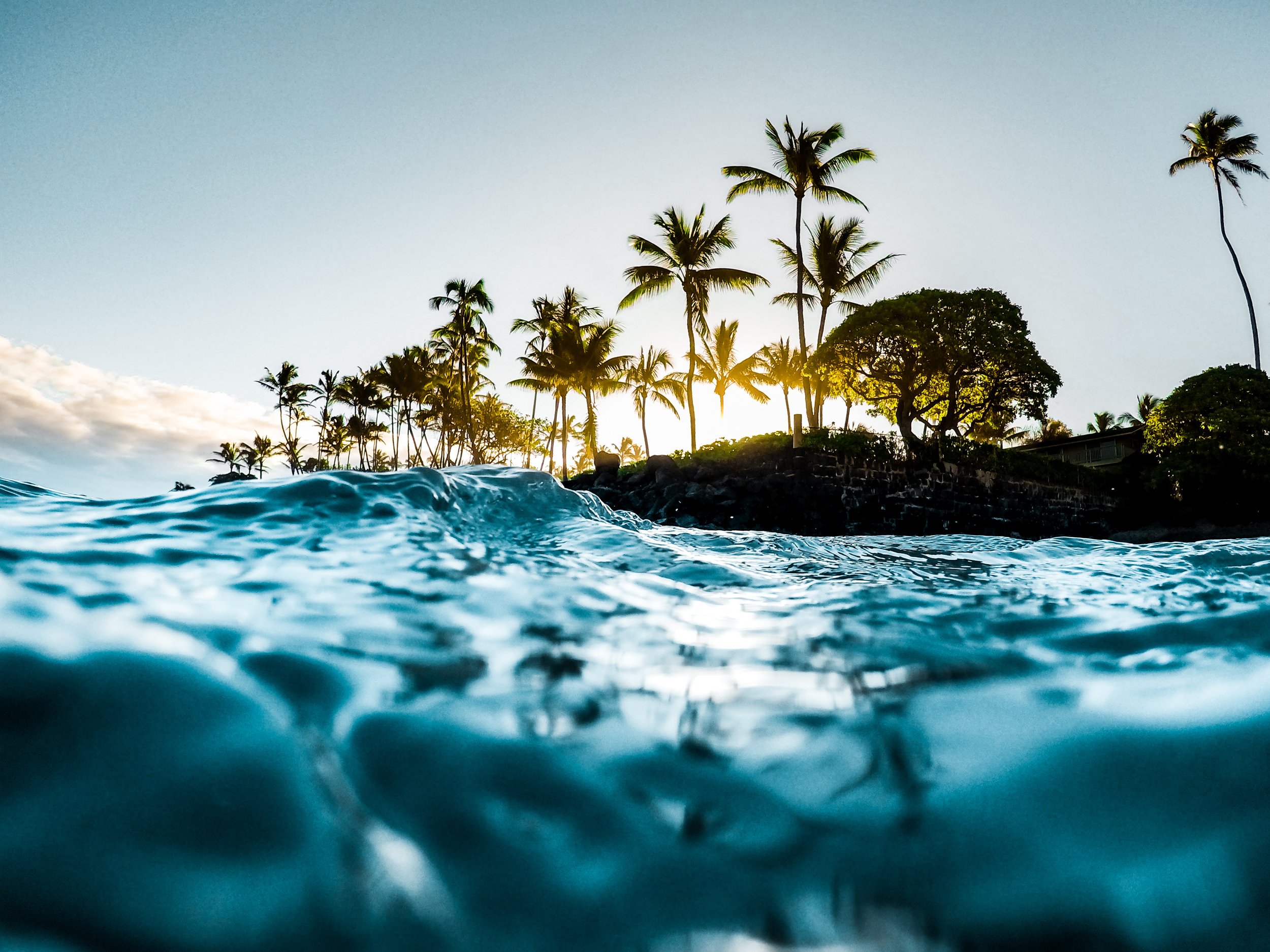
OUR MOVEMENT
Reel Aloha Life created a fund with the University of Hawai’i at Mānoa, Department of Oceanography on the island of Oahu, Hawai’i to support scientific research on marine pollution in Hawaii that helps us mitigate the effects of human contaminants on ocean life and health.
OUR SUPPORT
The fund directly supports research on the sources and effects of pollutants and pathogens in the coastal waters of Hawai’i. There are many forms of marine pollution, from materials (e.g., nutrients, heavy metals, chemicals, sewage, plastics etc.) to energy (e.g., noise, heat), that disrupt the balance of the marine ecosystem. Marine pollution can lead to the proliferation of harmful species (bacterial pathogens, toxic algae), increases in disease among marine organisms, and permanent loss of critical ecosystems. By joining scientific research with clear public education and action, we can preserve and protect our oceans and marine ecosystems for generations to come.
YOUR SUPPORT
From the sales of Reel Aloha items, we will donate the highest percentage back directly to the University of Hawai’i at Mānoa, Department of Oceanography. This Fund is monitored by the Oceanography Department to ensure the donations go directly to scientific research on marine pollution in the waters of Hawai’i that will help us better understand and mitigate the effects of human-derived contaminants on ocean life and health.
If we don’t make a change now to reverse and correct the damage that is occurring, the Hawaiian waters won’t be the same waters we know today. It will take decades or longer to correct the damage if it’s at all possible. We’re taking action and doing our part now to save it forever.


